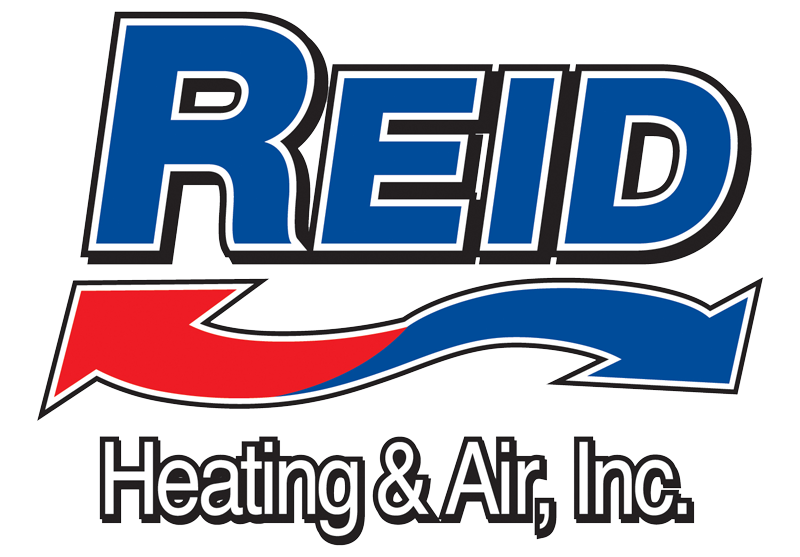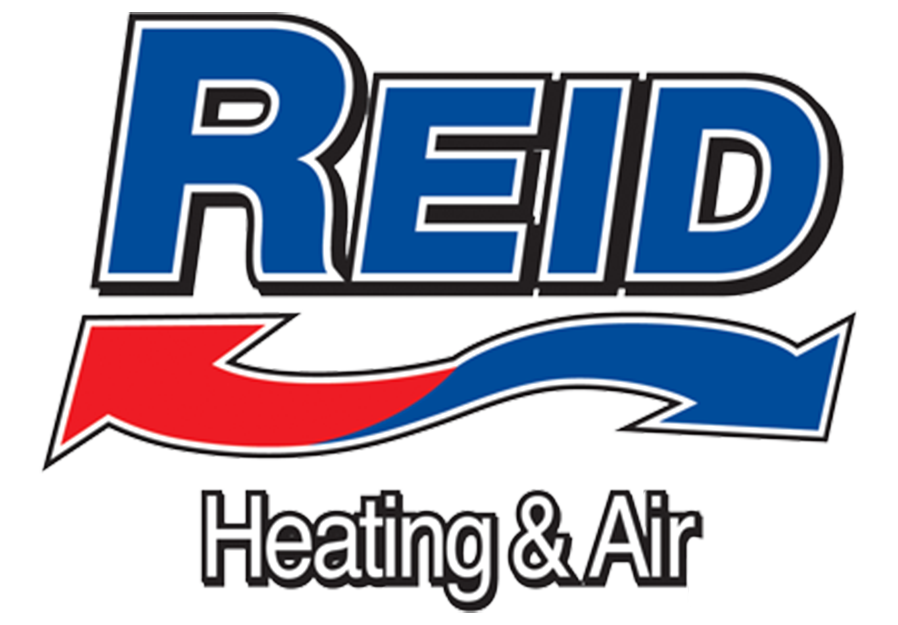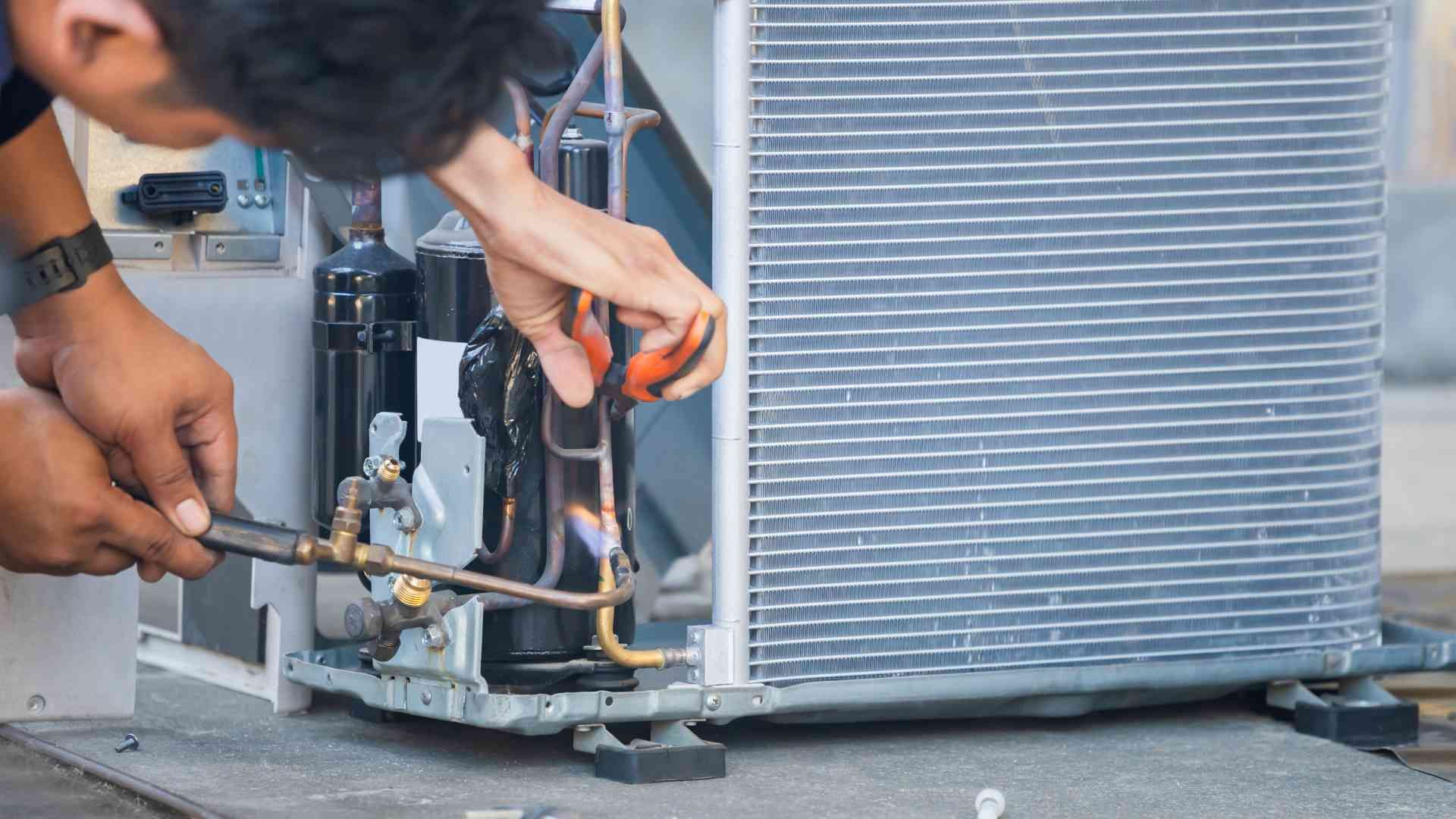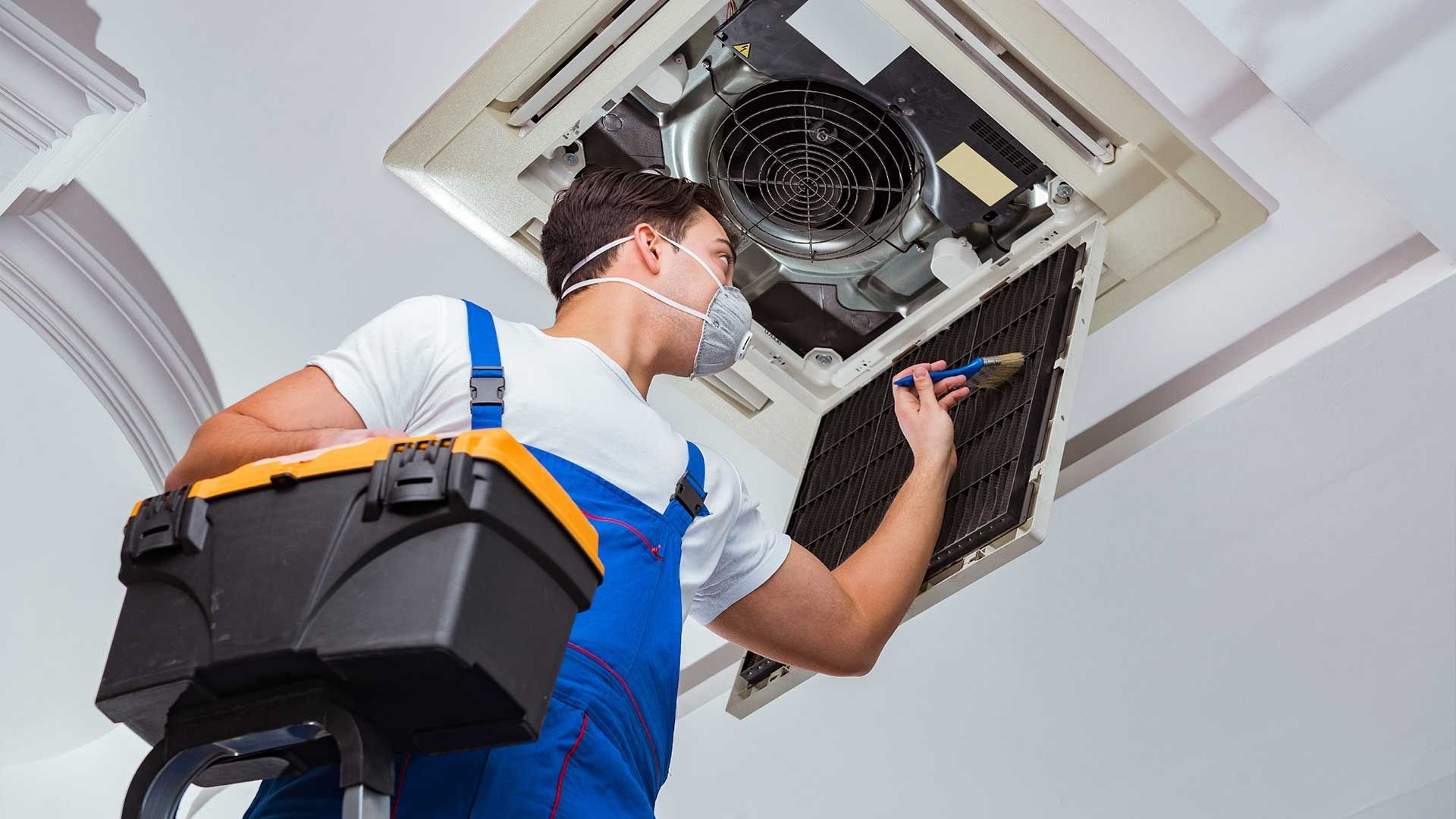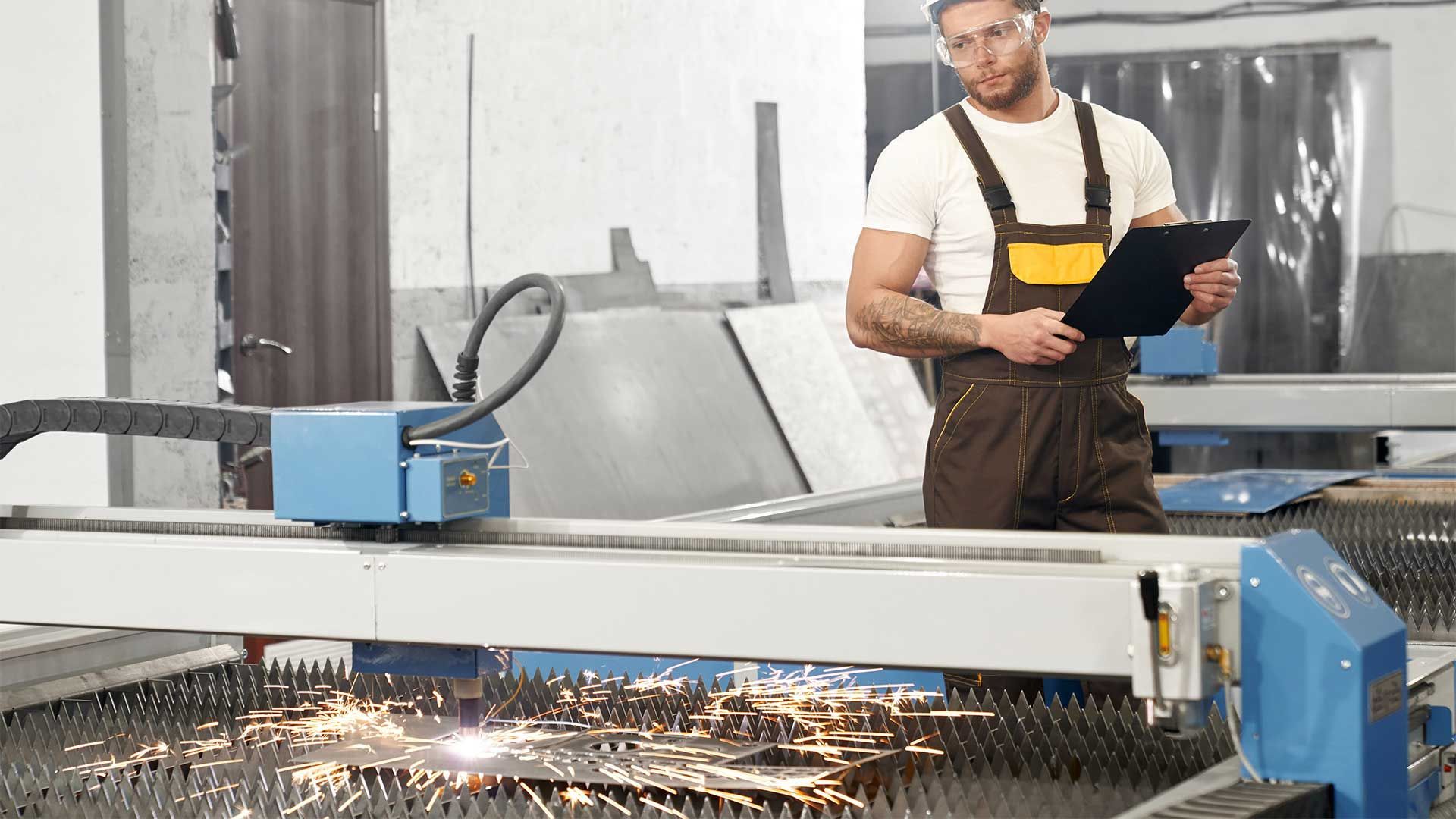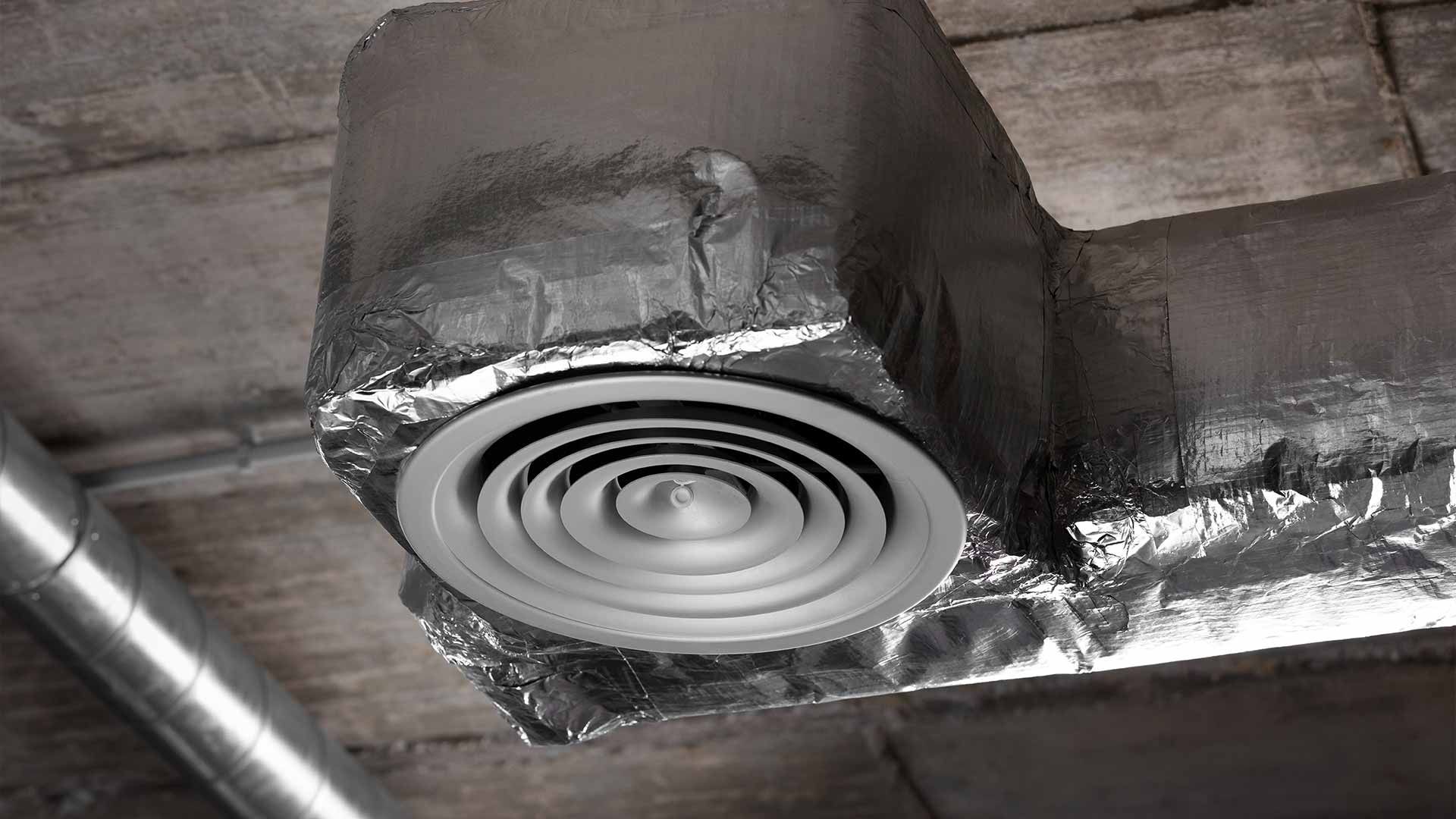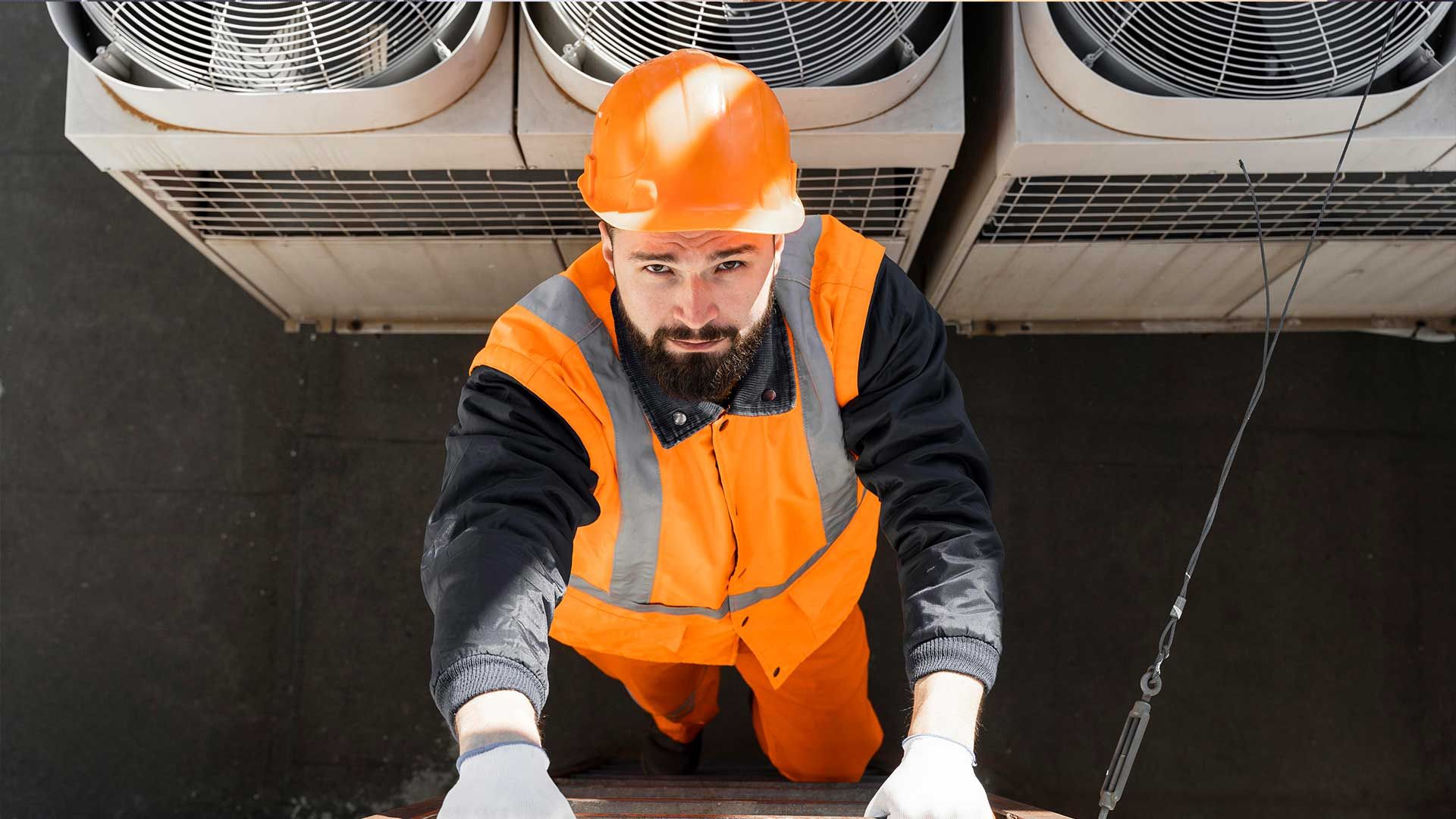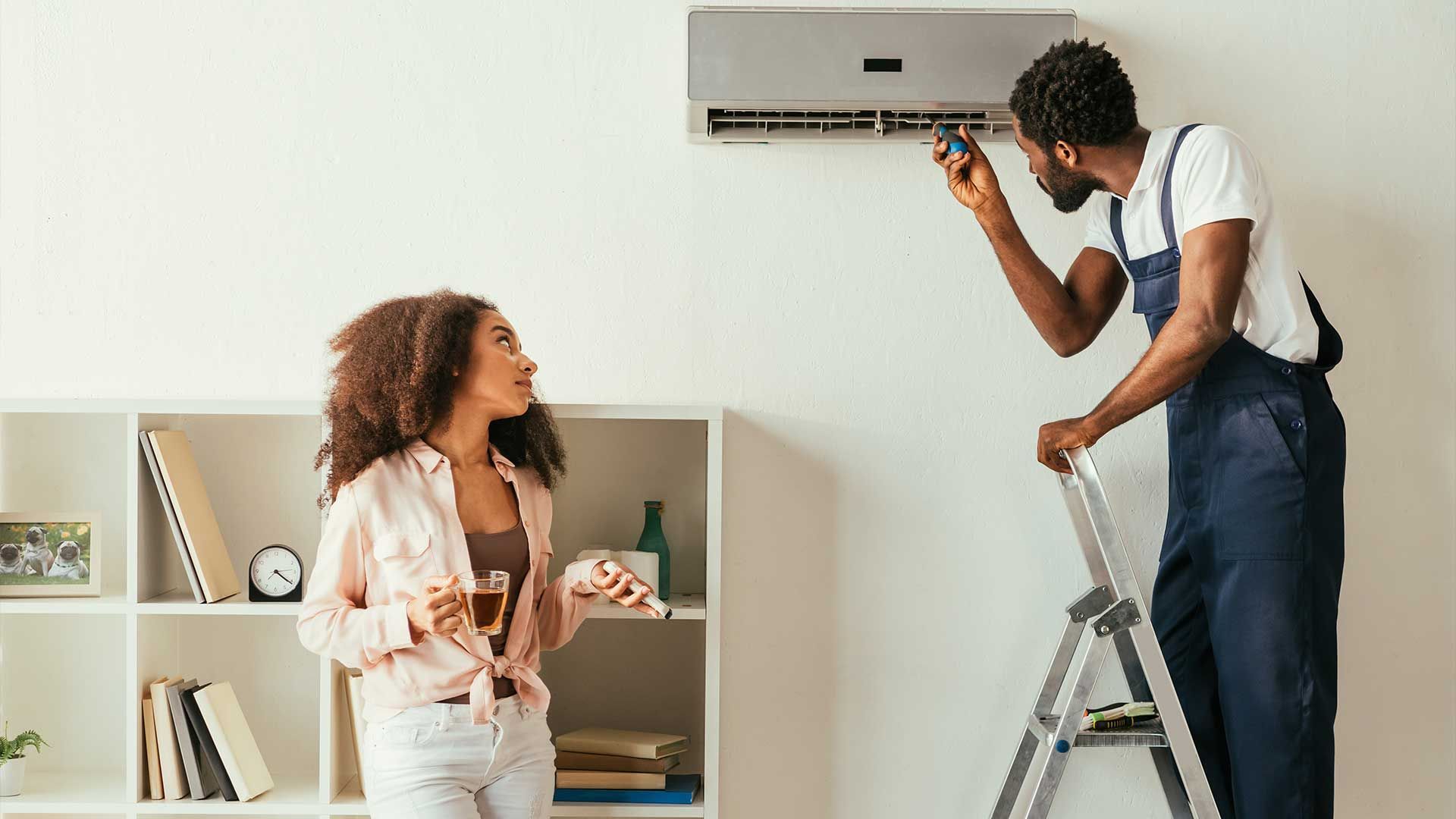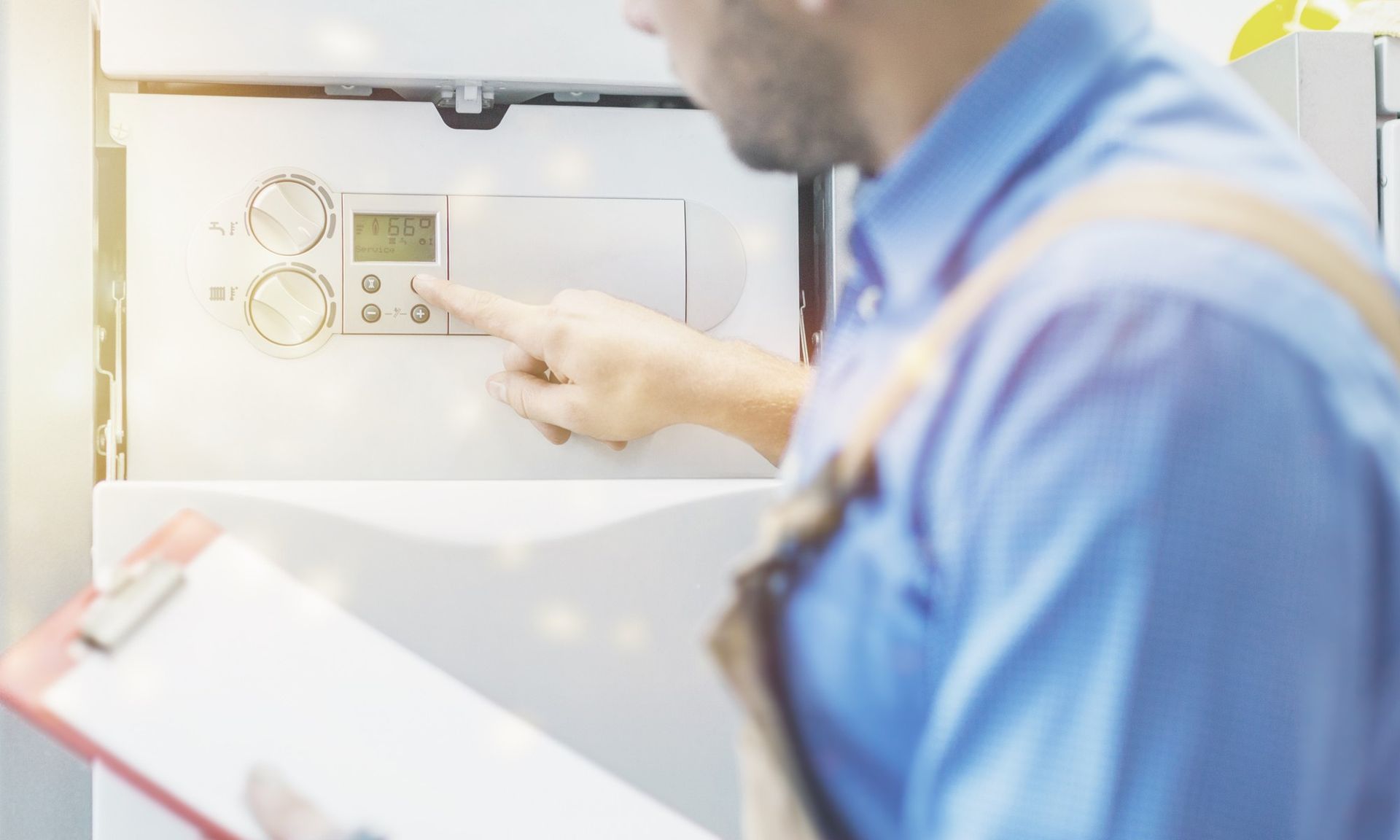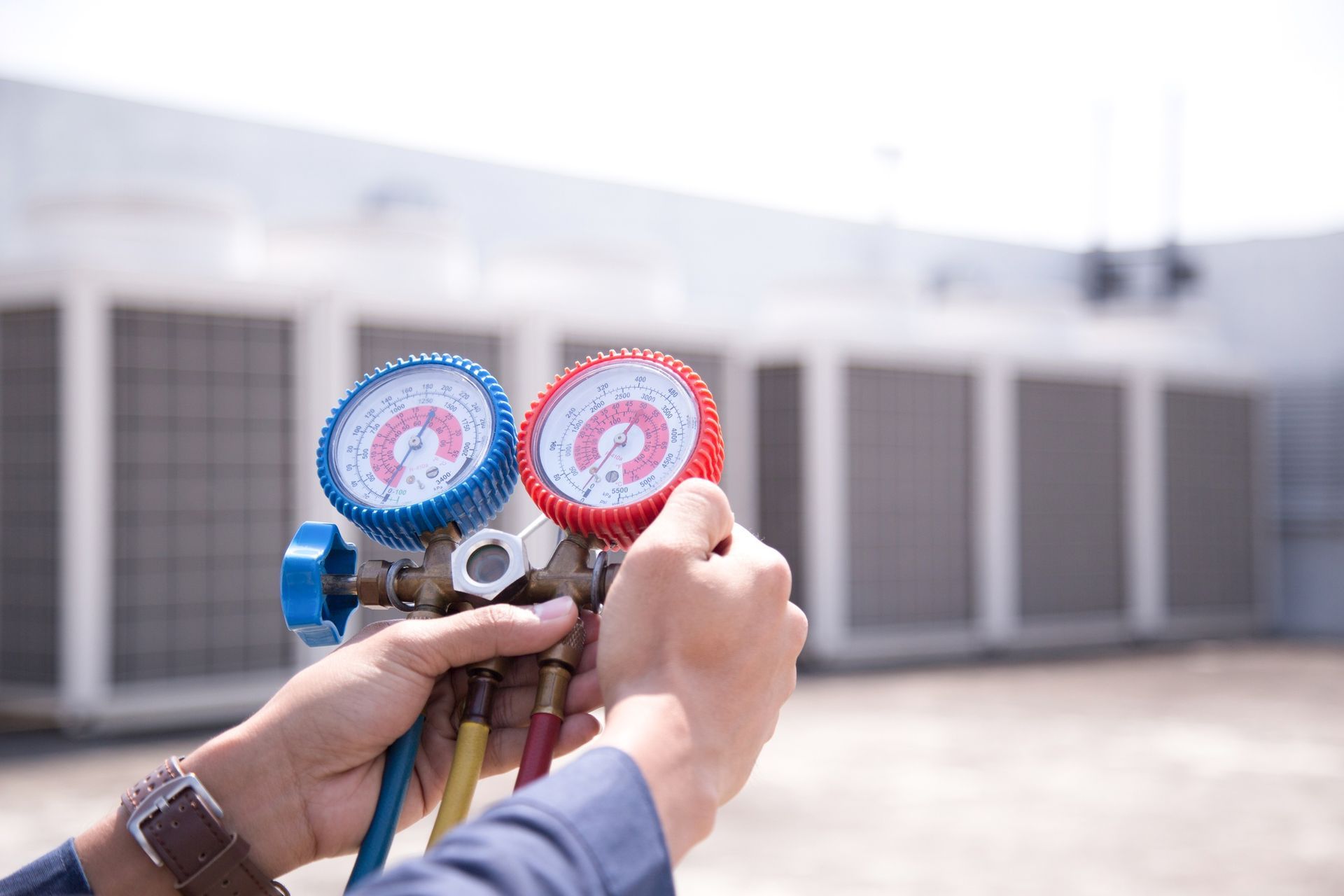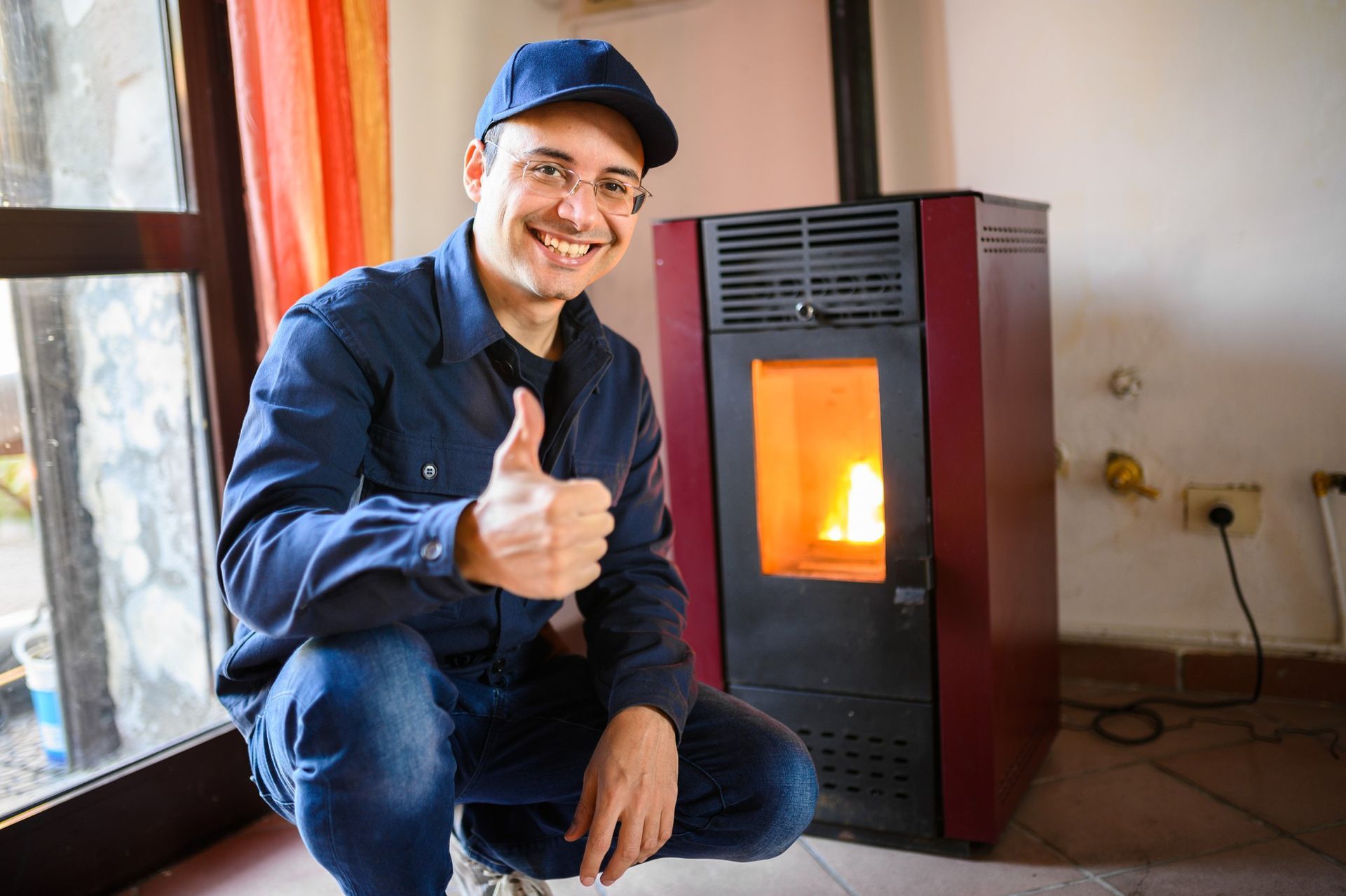Avoid Disasters: Essential Tips for Emergency HVAC Repair
When your HVAC system breaks down unexpectedly, it can feel like a disaster. Especially during extreme weather, a functional HVAC is crucial for comfort and safety. That's where knowing how to handle an emergency HVAC repair comes in handy. In this article, we’ll explore essential tips to manage these emergencies effectively.
Understanding HVAC Emergencies
An HVAC emergency can be a silent disruptor in the peace of your home or a loud declaration of a system in distress. Understanding what constitutes an emergency is crucial. It's not just about discomfort but also about preventing potential hazards. For example, a complete breakdown during a heatwave or a cold snap is not just an inconvenience; it can be a health hazard, especially for vulnerable populations like the elderly or infants.
Some common signs of an HVAC emergency include unusual noises like banging, clanging, or screeching, which indicate mechanical issues. If your HVAC starts emitting strange smells, like a burning or electrical scent, it's a clear signal that something is wrong. Another red flag is inconsistent heating or cooling, where some rooms are too hot or too cold, pointing to potential ductwork problems or system inefficiencies.
The most overt sign of an emergency, however, is when your HVAC system fails to turn on at all. This could be due to a variety of reasons, such as electrical issues, a malfunctioning thermostat, or a major mechanical failure. In any of these scenarios, it's important to recognize the seriousness of the situation and the need for immediate, professional attention.
Preventative Measures
The adage "prevention is better than cure" holds particularly true for HVAC systems. Regular maintenance is the cornerstone of preventing emergencies. This includes simple tasks like regularly changing or cleaning air filters, which can become clogged and hinder your system's efficiency.
Another crucial aspect is having your HVAC system professionally inspected at least once a year. These inspections can catch issues like wear and tear on belts and bearings or problems with the electrical connections and pressure levels. Catching these issues early can save you from an emergency HVAC repair down the line.
Homeowners can also take proactive steps like ensuring the outdoor unit is clear of debris, leaves, and dirt, which can impede airflow and efficiency. Inside the home, make sure vents are not blocked by furniture or curtains, as this can strain the system and lead to uneven heating or cooling.
Additionally, paying attention to your HVAC's performance can offer early warning signs. If you notice a gradual increase in your energy bills without a corresponding increase in usage, it might indicate your system is working harder than it should, pointing to potential issues. Similarly, staying aware of the system's noise and performance levels can help you identify when something doesn't sound or feel right.
By understanding the signs of an HVAC emergency and taking preventive measures, homeowners can significantly reduce the likelihood of facing a sudden breakdown. Regular maintenance, professional inspections, and attentiveness to the system's performance are key in avoiding emergency HVAC repair scenarios.
Immediate Actions During an HVAC Emergency
When faced with an HVAC emergency, the first priority is always safety. If you suspect any issue that could pose a danger, such as a gas leak or electrical malfunction, it’s crucial to act swiftly and safely. For electrical issues, this often means turning off the power to your HVAC system at the circuit breaker. This not only protects you and your home but also prevents potential damage to the system itself.
Once you've ensured safety, the next step is to assess the situation. Try to identify the symptoms of the problem. Is there no airflow coming from the vents? Is the thermostat unresponsive? Or perhaps the unit is making unusual noises? Having a clear understanding of the symptoms will be invaluable when you communicate with a repair service.
If it's a problem like a blocked filter, you might be able to address it yourself. However, for more complex issues, it's time to call in a professional. While waiting for the repair service, avoid using the system to prevent exacerbating the problem. This is also a good time to check if your system is under warranty, as this might cover some or all of the repair costs.
Choosing the Right Emergency Repair Service
Selecting the right service for your emergency HVAC repair is crucial. The ideal service provider is not just technically proficient but also reliable and customer-oriented. Start by looking for licensed and insured technicians with a strong track record. This ensures that they have the necessary skills and are covered in case something goes wrong during the repair.
Experience is another key factor. An experienced technician can often diagnose and fix problems more efficiently and effectively. Look for a service that has a good history of working with your specific type of HVAC system.
Customer reviews can offer valuable insights into the reliability and quality of service. Check online reviews and testimonials to gauge previous customers' experiences. Don't hesitate to ask for references or case studies, especially for complex or costly repairs.
When contacting a service, pay attention to their responsiveness and willingness to answer your questions. A reputable service should be transparent about their pricing, availability, and the expected timeframe for the repair. Be wary of services that provide vague estimates or seem reluctant to provide detailed information.
Lastly, consider the availability of the service. HVAC emergencies don’t always happen during regular business hours. A service provider who offers 24/7 emergency repair can be a lifesaver in situations where immediate attention is required.
DIY Tips for Minor HVAC Issues
Tackling minor HVAC issues yourself can be a cost-effective and satisfying approach. Before diving into any DIY repairs, it’s important to ensure your safety by turning off the power to the unit. Once safety is secured, one of the simplest yet most effective DIY tasks is replacing or cleaning air filters. Clogged filters can drastically reduce system efficiency and are often the culprit behind many common HVAC issues.
Another area where DIY can be helpful is in thermostat troubleshooting. Sometimes, issues attributed to the
HVAC system are actually thermostat-related. Checking the battery, ensuring it's set to the correct mode, and verifying that the settings are appropriate for the season can resolve some problems without the need for a professional.
If your HVAC is producing odd noises, inspecting for loose parts or obstructions can be a simple fix. Tightening screws and removing debris from around the outdoor unit can eliminate strange sounds. Additionally, keeping the area around both the indoor and outdoor units clear of clutter and debris not only improves airflow but also minimizes the risk of overheating and other mechanical issues.
However, it’s crucial to recognize your limits. If the issue persists after trying these simple fixes, or if you’re not comfortable performing these tasks, it’s time to call a professional. Tinkering with complex components like refrigerant lines or electrical connections without proper knowledge can lead to more serious problems or even pose safety risks.
Long-Term Solutions Post-Repair
After addressing an emergency HVAC repair, it's important to think about long-term solutions to prevent future issues. Consistent maintenance is the key. Establishing a regular maintenance schedule with a trusted HVAC professional can keep your system running smoothly and efficiently. These check-ups often include cleaning the system, checking for leaks, testing the thermostat, and ensuring all components are in good working order.
Another long-term solution is considering system upgrades. If your HVAC system is older, it may not only be more prone to breakdowns but also less energy-efficient. Upgrading to a newer, more energy-efficient model can save you money in the long run on energy bills and repairs. Additionally, installing smart thermostats can offer better control over your system, further improving efficiency and preventing issues.
Finally, staying informed and educated about your HVAC system is invaluable. Understanding how your system works, what signs to look out for, and when it’s time to call a professional helps in maintaining the longevity and efficiency of your HVAC system. Being proactive rather than reactive can make all the difference in ensuring your system’s health and avoiding future emergencies.
Legal and Insurance Considerations
When it comes to HVAC repairs, especially in emergency situations, understanding the legal and insurance aspects is critical. This knowledge not only helps in making informed decisions but can also potentially save you a significant amount of money and legal hassles.
Firstly, it's essential to be aware of the warranty on your HVAC system. Most HVAC units come with a manufacturer's warranty that may cover certain repairs or replacements. Before you call for emergency hvac repair services, check the terms of your warranty. Some warranties are voided if the system is not regularly maintained or if repairs are done by non-certified professionals. Keeping a record of all maintenance and repairs, along with receipts and warranty documents, is crucial in case you need to make a claim.
Insurance is another key aspect. Homeowners' insurance policies vary greatly in what they cover regarding HVAC systems. Typically, if the
HVAC damage is caused by a covered peril, such as a fire or storm, your insurance should cover the cost of replacing or repairing the unit. However, if the damage is due to wear and tear or lack of maintenance, it’s unlikely to be covered. It’s important to review your policy and understand what is and isn’t covered. In some cases, you may want to consider additional coverage or a home warranty plan that covers HVAC repairs and replacements.
In the event of a major repair or system replacement, it’s also important to be aware of local building codes and regulations.
HVAC installations and major repairs often require permits and inspections to ensure they meet local safety standards. Working with a licensed and experienced HVAC contractor is crucial, as they will be familiar with these requirements and can ensure that your system complies with all local laws and regulations.
Lastly, when dealing with contractors, always ensure that the contract you sign is clear about the scope of work, costs, and timeline. This not only provides clarity but also serves as a legal document in case of disputes. If your HVAC system is under warranty or covered by insurance, make sure the repair service is aware and can provide the necessary documentation for claims.
Understanding these legal and insurance considerations can significantly affect how you handle emergency HVAC repairs. Being informed helps in making better decisions, ensuring compliance with laws, and potentially saving money on repairs.
Conclusion
Handling an emergency HVAC repair doesn’t have to be a nightmare. With the right knowledge, preventative measures, and a reliable repair service, you can navigate these situations smoothly. Remember, the key to avoiding HVAC disasters is regular maintenance and prompt attention to any signs of trouble.
At Reid Heating & Air, Inc, we understand the importance of a well-functioning HVAC system. Located in Rock Hill, SC, our team of experts is committed to providing top-notch service and peace of mind. Whether it's routine maintenance or emergency repairs, we are here to ensure your HVAC system operates efficiently and effectively.
Don't wait for an emergency. Schedule a maintenance check today to ensure your HVAC system is in top shape. With
Reid Heating & Air, Inc, you have a partner who understands the intricacies of HVAC systems and is dedicated to maintaining the comfort of your home or business. For more tips and assistance, feel free to reach out to our expert team at
(803) 366-1855. Let us help you keep your environment comfortable all year round.
